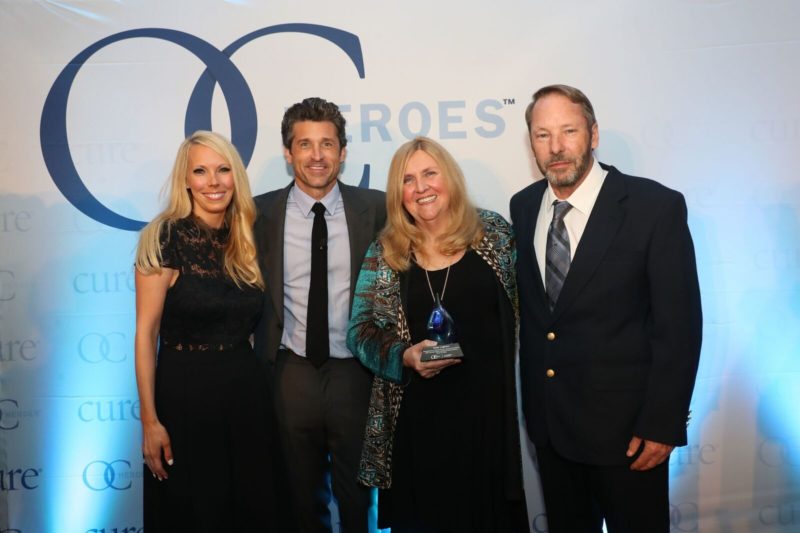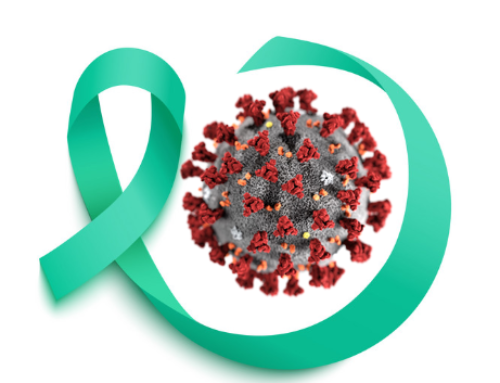REGAINING CONTROL THROUGH KNOWLEDGE
Like so many other baby boomers, I was raised by parents born in the 1920s who believed that there were certain authority figures you did not question – parents, teachers, doctors. These were experts and you accepted what they said without question. When I was five years old the doctor said that it was time for a tonsillectomy. I had one case of tonsillitis and like all of my friends of the same age I was off to get the offending nodes yanked along with my adenoids. No questions, no waiting for antibiotics to work, no talk of side effects or risks. Headed into the operating room I was a happy five-year-old child dreaming of bowls of ice cream. I woke up nauseated with tape on my face holding suspended packing in my throat; I had suffered an accidental wound to my throat that led to major hemorrhaging. Out the window with my ice cream dreams went my unquestioning faith in doctors. Much to my parents’ chagrin I started questioning doctors about every test and treatment.
When I had a child I would research the use of antibiotics for recurring ear infections, appropriate treatment for adolescents with migraines, and a multitude of other health issues. It became second nature for me to track down information and ask questions. Over the years I saw physicians become more comfortable with interacting with me as an informed patient. With access to the internet, a world of information was at my fingertips. When I was advised to have my uterus removed at 31, I wanted to know how many hysterectomies the surgeon had done, if there were other treatment options, and anything else I felt I needed to make an informed decision
Presenting to my family practice physician with bloating, abdominal , pelvic and back pain, along with chronic diarrhea, I was initially treated for irritable bowel syndrome. Over the course of several weeks I was prescribed several medications which failed to relieve my symptoms. My doctor recommended a gallbladder ultrasound because the symptoms were suggestive of gallstones, I was in my late forties and slightly overweight, and my mother and grandmother had both had gallbladder disease. The ultrasound revealed my abdomen was filled with fluid and I had two large ovarian masses. With ovarian cancer suspected I was referred to a gynecologic oncologist. I learned about him online before I met him, checked his credentials and experience, and at that visit, I found I could talk to him. I immediately felt confident having him as a physician. Despite his advice not to visit Dr. Google, I did just that. When I saw him again before surgery I had two pages of questions and ideas. He patiently listened, never dismissed my input, and helped me to come to an informed decision about treatment. Following surgery and chemotherapy, we agreed I would have a second look laparotomy (standard of care in 1997) and when no evidence of disease was found, we agreed that I would be followed by CA-125 every three months and imaging when WE felt it was needed.
A short 18 months after that second look surgery, my CA-125 started to increase – 18, 38, 47. I agreed to have a CT scan that revealed a small tumor in my pelvis. I enrolled in a clinical trial which did not slow the growth of the tumor. At that point, I asked to have it removed. It was benign! We were sure that my CA-125 had been elevated secondary to inflammation, but six weeks later it was on the rise again. Another CT scan showed no other visible disease. I had two weeks following that scan before I saw my gynecologic oncologist to discuss treatment. I spent the majority of that time researching causes of increased CA-125 in the absence of visible disease as well as suggested treatments. By the time I saw him, I knew I had two options – treat the number or wait and watch. I had made a list of pros and cons of both approaches, listened to his thoughts, and told him that I was feeling good and would rather wait and watch. And that’s what we did; every three months – for 6-1/2 years. It continued to climb but I only started having symptoms when it reached 950 U/ml. In the ensuing years technology had changed and this time he ordered a PET scan. A large metastatic tumor was found in my chest lying on my heart and compressing my left lung. Surgery followed and six weeks later I had no evidence of disease on imaging and my CA-125 was 7 where it has stayed for the last 13 years. Many women ask me how I handled watching the tumor marker increase knowing that cancer was growing somewhere in my body. I felt good; I knew from my research and my physician’s input that treating the number might not eliminate the cancer we could not find; I was comfortable because I had fully participated in decisions about my care.
Perhaps that is why I am so surprised when I hear women say, “My doctor says I have to have XYZ treatment.” I often ask them if they understand why and if there are other options available, not trying to second guess the doctor but trying to make sure that they understand they have a role in making decisions that affect them. A lot of those women tell me that they cannot ask questions as their physician will be upset. Some women even hesitate to ask about their CA-125 or cell type; “If he wants me to know, he will tell me.” Cancer takes away your control, but you can regain some of it by taking a more active role in the decisions being made about your treatment or at the very least, understanding it. This does not require you to become an expert in all things about ovarian cancer. I advise women to go to a reliable trusted source to learn about the disease, join a forum of other ovarian cancer survivors, and ask questions to help them understand the disease and feel more comfortable in choices being made. How much you want to know is up to you. Knowledge is power and power will help you regain some control as you walk this journey.
Globe-athon is proud to partner with Smart Patients, an online community where patients learn from each other about their cancer journeys. On Smart Patients, you can discuss issues raised in this blog post and beyond. Join here: https://www.





